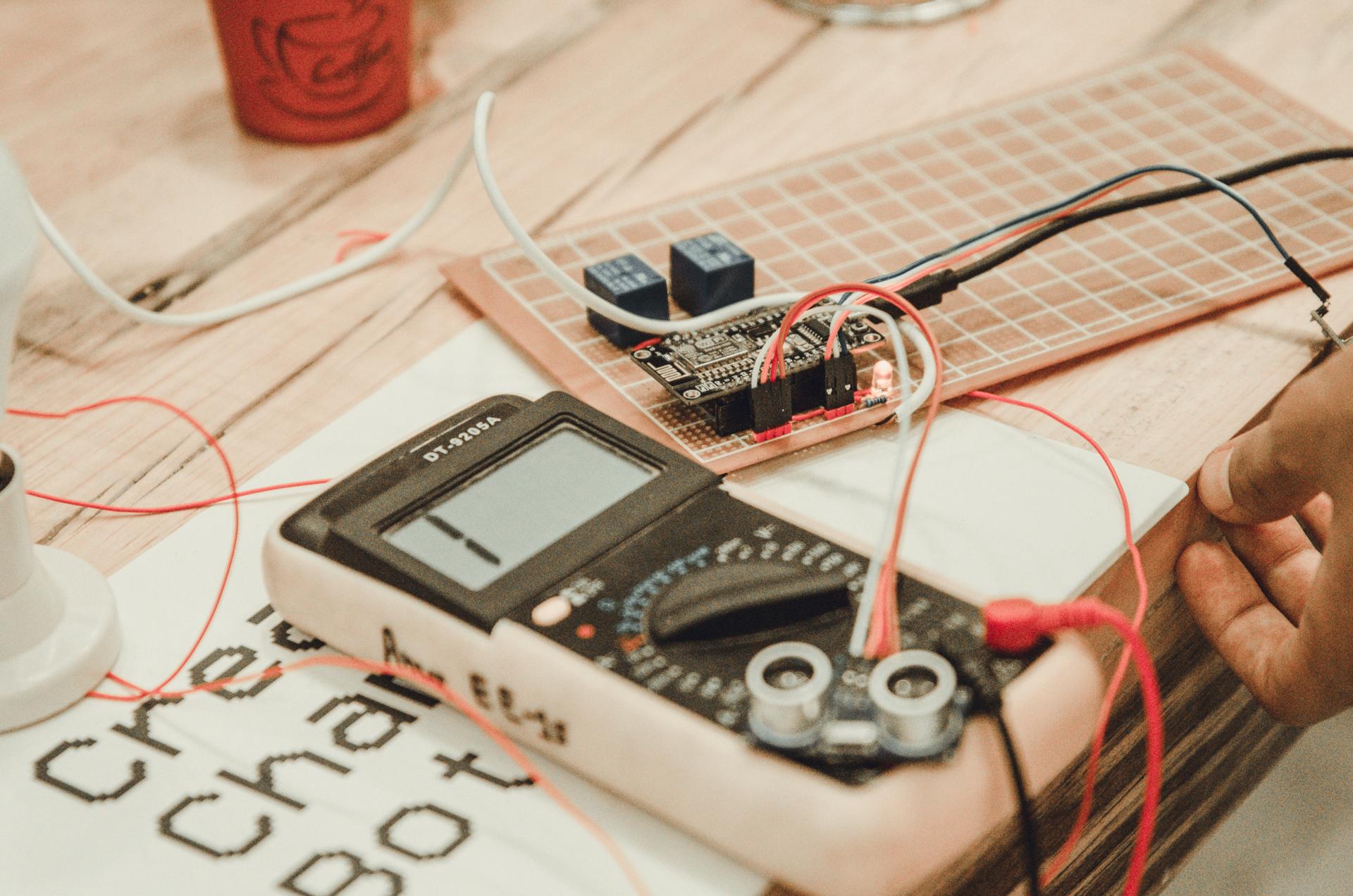Do-It-Yourself Electric Security Testing: Step-by-Step Tutorial for Home-Owners

When it comes to home security, one of the most crucial aspects to be considered is the safety of electrical wiring. Testing for electrical safety is the process of checking the electrical system of your home to be sure that it is safe and in compliance with the latest standards. In this article we’ll give you information on what electrical safety testing are, what equipment you’ll need for conducting them, the best method to carry out the tests and the warning signs to look out for.
What exactly is the definition of an Electrical Safety Test?
A safety test for electrical appliances is the process of checking the electrical system inside your home to ensure that it’s functioning safely and properly. Safety tests for electrical appliances are crucial as they help to prevent electrical accidents and fires as well as ensure the durability of your electrical system.
Tools Required for an Electrical Safety Test
In order to conduct an electrical safety test, you’ll need a few essential tools. They include an electrical voltage tester and a continuity tester a circuit tester, as well as an outlet tester. The voltage tester is used to check for live circuits while the continuity tester looks for circuits that are damaged. Circuit testers are used to check for wiring faults and outlets testers are used to check for electrical issues in outlets. It is essential to utilize these devices correctly to get precise results.
How do you conduct an electrical Safety Test
To conduct an electrical safety test at your home take these steps:
Shut off the power supply to the circuit you’re conducting tests on.
Utilize your voltage tester to test whether there are live circuits.
Use the test for continuity to check for broken circuits.
Use the circuit tester to check for any wiring issues.
Use the outlet tester to look for electrical problems in the outlets.
During the testing process, be sure to look for signs of damage or wear on the wires that could indicate frayed or broken wires, burn marks or loose connections. If you discover any problems you need to fix them as soon as possible to avoid potential hazards.
The Signs of Electrical Issues to Watch Out For
There are many warning signs that could signal electrical issues in your home. This includes flickering lights frequently tripping the circuit breaker and crackling or buzzing sounds emanating from outlets. They also include hot or discolored outlets and a smell of burning. If you observe any of these warning indications, you should get to work immediately to avoid any electrical dangers.
Conclusion
Tests for electrical safety are vital to ensure the safety of your home and your family. By conducting regular tests and addressing any issues promptly you will be able to prevent electrical hazards and extend the life of your electric system. If you need help with electrical testing and repairs, don’t hesitate to contact Local Electrician Bankstown. Our knowledgeable team will give you professional guidance and assistance. Contact us at 1300 941 876 to schedule an appointment or to request a quote.
FAQ Section
How often should I do an electrical safety test at my home?
We recommend conducting safety tests for electrical equipment at least once per year.
Can I perform the electrical test on my own , or do I need the help of a specialist?
While it’s possible to perform tests for electrical safety on your own however, it’s advised to employ an expert to ensure the accuracy of results and to avoid any potential dangers.
Are there any common electrical problems found in an electrical safety check?
The most frequent electrical issues found during a safety test include malfunctioning wiring, overloaded circuits and obsolete electrical systems.
What should I do if find an issue in the electrical safety test?
If you discover a problem in the electrical safety test, it’s important to take action immediately. This may involve calling an expert electrician to address the issue or replacing damaged equipment.
